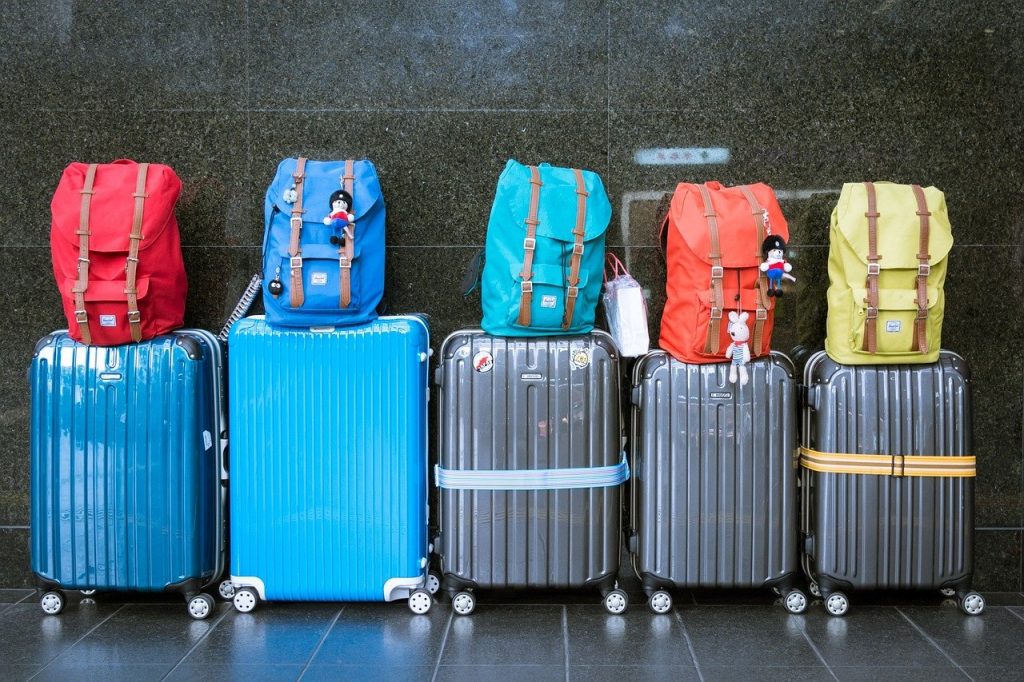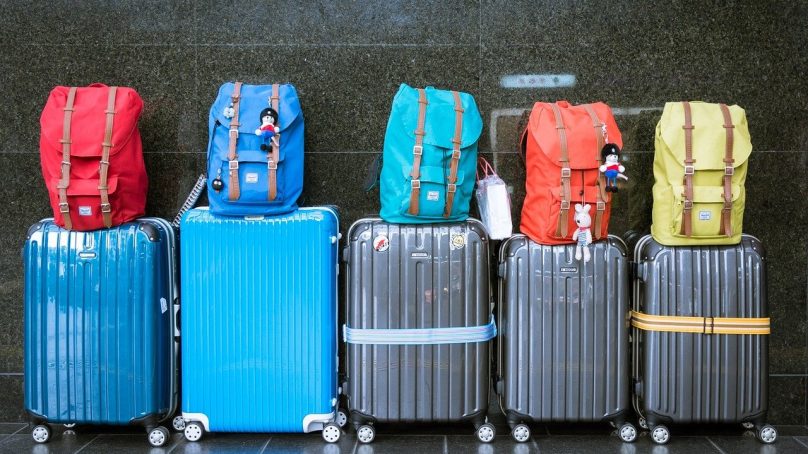 According to a recent report by McKinsey & Company, people who travel for pleasure will want to get back to doing so.
According to a recent report by McKinsey & Company, people who travel for pleasure will want to get back to doing so.
By the third quarter of 2020, businesses were slowly coming back, however, domestic travel was surging, but international travel was still depressed given pandemic-related border restrictions and concerns about health and safety.
The report defined leisure travel as discretionary, whereas business travel is less so. In 2018, business-travel spending reached $1.4 trillion, which was more than 20 percent of the total spending in the hospitality and travel sector. It also brings in a disproportionate share of profits—70 percent of revenues globally for high-end hotels, for example.
During and after the pandemic, though, there is a question about business travel: Exactly when is it necessary? The answer is almost certain to be not as much as before. Video calls and collaboration tools that enable remote working, for example, could replace some onsite meetings and conferences.
The larger context is also informative. History shows that, after a recession, business travel takes longer than leisure travel to bounce back. After the 2008–09 financial crisis, for example, international business travel took five years to recover, compared with two years for international leisure travel.
Regional and domestic business travel will likely rebound first; some companies and sectors will want to resume in-person sales and customer meetings as soon as they safely can. Peer pressure may also play a part: once one company gets back to face-to-face meetings, their competitors may not want to hold back. All told, however, a survey of business-travel managers found that they expect business-travel spending in 2021 will only be half that of 2019.
While business travel will return at scale, and global economic growth will generate new demand, executives in the field think that it may never recover to the 2019 level.
In short, leisure travel is driven by the very human desire to explore and to enjoy, and that has not changed. Indeed, one of the first things people do as they grow more prosperous is to travel—first close to home and then further afield. There is no reason to believe that the rise in global prosperity will reverse itself or that human curiosity will diminish. But the effective use of technology during the pandemic—and the economic constraints that many companies will face for years after it—could augur the beginning of a long-term structural change in business travel.

















